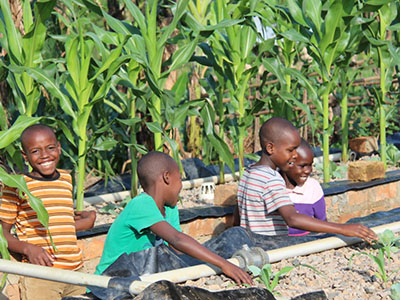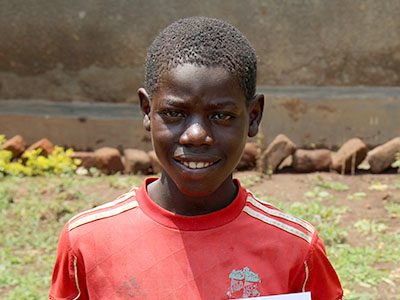It’s easy to get so lost in your daily routine that you forget to think about the future. It’s even easier to forget that the little people holding your hand or sitting in your lap, your children and your grandchildren, are the generation that’ll be shaping that future. But today is a day to acknowledge just how important it is for our children to speak up about changes they’d like to see in their lifetime. Because August 12 is International Youth Day.
What’s International Youth Day?
International Youth Day was established in 1999 by the UN General Assembly as a means of bringing attention to the World Programme of Action for Youth (WPAY). WPAY is a strategy to “[encourage] youth around the world to organize activities to raise awareness about the situation of youth in their country” (un.org1).
This important day is about helping young people take action to improve their world. And this includes involving their local governments and relying on governmental support.
Each year on August 12 a new theme is selected. And the International Youth Day 2016 theme is, “The Road to 2030: Eradicating Poverty and Achieving Sustainable Consumption and Production.” The focus is on the major part our young people will play in eliminating poverty and creating a more sustainable future.
Did You Know You’re Already Teaching Sustainability Around the World?
You probably didn’t know that you’ve already begun encouraging kids around the world to work toward a more prosperous and sustainable future.
One child in particular found his passion in farming. Meet Stephen from the Buloba Kinship Project. Unlike other children who might see gardening as a chore, this young man sees it as a privilege. He spends a lot of time in his Kinship Project’s garden weeding or inspecting the crops. And when asked what his dream job is, guess what he’ll tell you? Yep, he wants to be a farmer.
Because of compassionate people like yourself supporting his Kinship Project, Stephen has the opportunity to learn more about farming. He knows what goes into growing a healthy crop. And once he gets older, he’ll have what it takes to sell his own harvest for a steady income.
Buloba is also home to a successful aquaponics system. What’s aquaponics? In short, it’s a sustainable farming tool that joins together gardening and fish. Water from active fish tanks is used to nourish the vegetables growing on growing pads nearby. And the plants purify the water, which is then filtered back to the fish. Plus, once the fish grow big enough, they can be eaten as well. Learn more about aquaponics with this video.
By contributing to the Buloba Kinship Project, you're opening a new world of opportunities for kids who have already survived unimaginable trauma and loss. And you’re making it possible for them to take charge of their futures and work to make their communities better – and that’s what International Youth Day is all about.
Would you like to give these sustainable learning opportunities to other children? Donate now to begin building the next Kinship aquaponics system!
Sources:
1 https://www.un.org/development/desa/youth/what-we-do/international-youth-day.html







